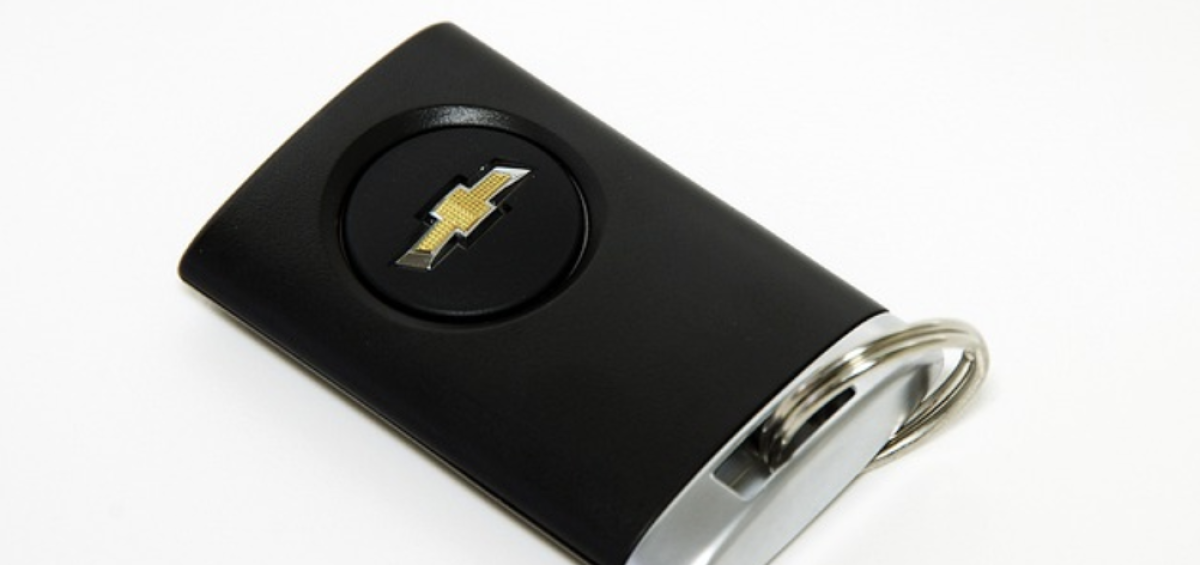The construction industry in the UK is changing, and fast. From on-site automation to cloud-based planning tools, companies are embracing digital solutions not just to keep up with the times, but to stay ahead of the curve. In this new era, efficiency, security, and control are no longer optional, they’re expected.
One area that often gets overlooked in this transformation is vehicle access. Vans and other fleet vehicles are critical to daily site operations, transporting tools, materials, and staff. When those vehicles are delayed or worse – compromise the entire job site feels the impact. That’s why smart vehicle access systems are stepping into the spotlight.
Digital tools are reshaping how we build, and access control is quickly becoming part of that conversation. Whether it’s through IoT-connected locks, GPS-integrated fleet platforms, or mobile-based key management, construction firms are beginning to recognise that their vehicle security needs to evolve alongside the rest of their tech stack.
The Rise of Connected Construction
Modern construction sites are far more than piles of concrete and steel. Increasingly, they’re networked environments like rich with sensors, devices, and automated systems that gather data in real time. From crane load monitoring to temperature-controlled materials storage, digital oversight is becoming the new standard. Even access to fleet vehicles is now part of this shift, with technologies like the smart car key enabling secure, programmable entry that integrates seamlessly into connected job sites.
Within this digital ecosystem, fleet vehicles represent both a critical asset and a logistical challenge. Vehicles move between sites, carry high-value goods, and are operated by multiple people over a single project. Ensuring fast, secure, and accountable access to those vehicles is a growing priority.
This is where smart car key technology enters the scene. Unlike traditional keys, smart keys can be programmed, tracked, and replaced digitally. When integrated with smart locking systems, they give site managers the power to manage vehicle access remotely, whether it’s granting access to a subcontractor for a day, or instantly revoking permission from a lost or stolen device.
Fleet Access and Security – A Hidden Bottleneck

While much attention is given to project planning, procurement, and on-site safety, access to fleet vehicles remains one of the most quietly disruptive elements on any construction site. When it isn’t managed properly, it can create delays, raise security risks, and cost companies valuable time and money.
Losing Time on the Basics
In the fast-moving environment of a construction site, every minute counts. Yet, access to fleet vehicles remains one of the most overlooked sources of delay. Shared key systems, misplaced fobs, or unauthorised use can easily stall productivity and introduce unnecessary risk.
No Visibility, No Control
Construction teams are often mobile, and vehicles are passed between different workers throughout the day. Traditional keys offer no accountability and no way to track who accessed a van or when. This lack of transparency not only leaves room for operational errors but also makes theft harder to detect until it’s too late.
The Cost of Unsecured Access
In a climate where materials and tools are increasingly expensive, protecting what’s in transit is just as important as securing what’s on site. Secure, reliable access to fleet vehicles is a foundational part of modern construction workflows, and one that requires a smarter approach.
Smart Auto-Lock Systems as Enablers of Automation
As construction companies adopt more connected tools, from on-site sensors to cloud-based dashboards, it makes sense to align fleet access with that same level of intelligence. Smart locking systems bridge the gap between physical assets and digital control.
A Digital Solution for a Physical Problem
Smarter fleets start with smarter access. As construction companies look to automate and streamline their daily operations, tools like the smart car key become more than just convenience, they become infrastructure.
Remote Control and Instant Permissions
These systems allow access to be assigned and revoked digitally, giving managers full control from their mobile device or fleet management dashboard. No more chasing down keys or replacing locks after a theft. Instead, workers receive temporary or permanent access linked to their ID, schedule, or role.
Integration With Broader Site Technologies
Even better, many smart locks integrate with automation tools like route planning, digital time tracking, and real-time alerts. This level of coordination reduces human error, increases accountability, and gives site managers a clear overview of where each vehicle is, who’s using it, and what it’s carrying.
Integration with the Digital Construction Ecosystem
Digital construction isn’t just about more technology; it’s about making systems work together. Smart auto-locks now integrate with GPS tracking and IoT fleet platforms to provide real-time insights into vehicle use, access history, and location. This data helps improve logistics, prevent misuse, and streamline operations.
When vehicle access is connected to tools like BIM, remote monitoring, and automated site management, companies gain greater control over their resources. It’s a simple upgrade with wide-reaching effects, bridging the gap between the physical and digital elements of a modern construction site.

